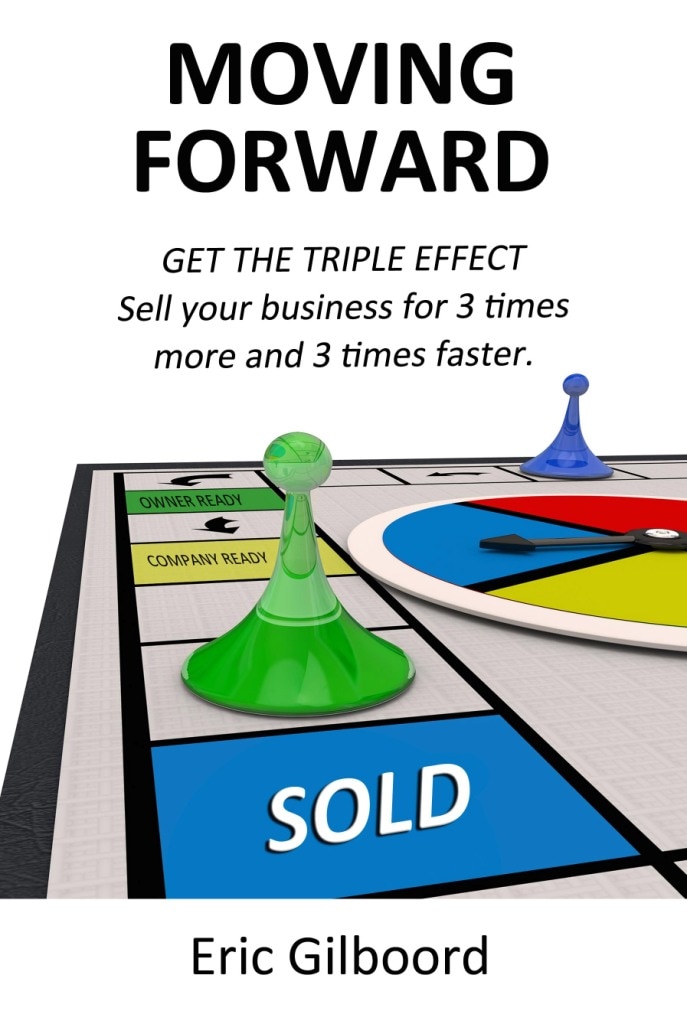Marketing goes well beyond advertising, website and brochures. It also includes many intangible ideas the small business owner/operator needs to understand, observe, and respond to, including the following:
1. Customers' Needs. A clear understanding of your customers' needs and a strong commitment to satisfy them should be at the heart of your marketing program. You do not have a business without customers. The survival and growth of your business will come from providing great customer service. Happy customers will be loyal and bring you new customers.
2. Competition. Many businesses are aware of their competitors but do not possess intimate knowledge of them. If you know what things they are doing right and what things they may be doing wrong, you can learn from their experiences and apply the good to your organization and avoid the bad. Understanding your competitors will often give you the opportunity to anticipate how they may respond to your tactics. You can then anticipate their marketing activities and be prepared.
3. True Value Of An Opportunity. Look under the surface. Not every opportunity is as it may seem. You need a strategy to assess new opportunities and to allow yourself the choice to walk away from what could be a damaging experience to your company. If it looks too good to be true, it probably is.
4. Times Are Changing. This is a time of rapid and constant change. Traditional ways of thinking will either produce traditional results or prove to be fatal in this non-traditional business climate.
5. Get Progressive. Think about your marketing in an aggressive manner. Break away from the old reliable ways and begin new traditions. If you apply new thinking to new problems and new opportunities, you will see new results. New traditions will have much shorter life spans and will be quickly replaced by more new ideas. Thinking about your business is much like hitting a moving target.
6. Know What You Don't Know. The awareness that there are many things you do not know is also important to the constant updating of information on customers, competitors, and the industry you are in. A wise business owner knows what he or she doesn't know, employs a strategy, and finds the answers.
7. Develop New Business. Business owners would like to believe that customers will just come to them, but this is not the reality. New business development is just as important to a marketing program as satisfying existing customers. If you wish to grow your business or even to keep it at a certain level (customers can leave for various reasons and you often do not have control over their decisions), you will need new customers. You will require a formal, well-thought-out new business development strategy.
8. Customer Contact. In order to meet the sometimes enormous challenge of monitoring and interacting with large numbers of customers and new prospects, you will need a contact management strategy. How you keep in touch with customers and the ease with which you or your staff are able to reach them will dramatically affect the level of customer service you can offer.
"Demonstrate, you know your business and a clear understanding of their needs." A2E








